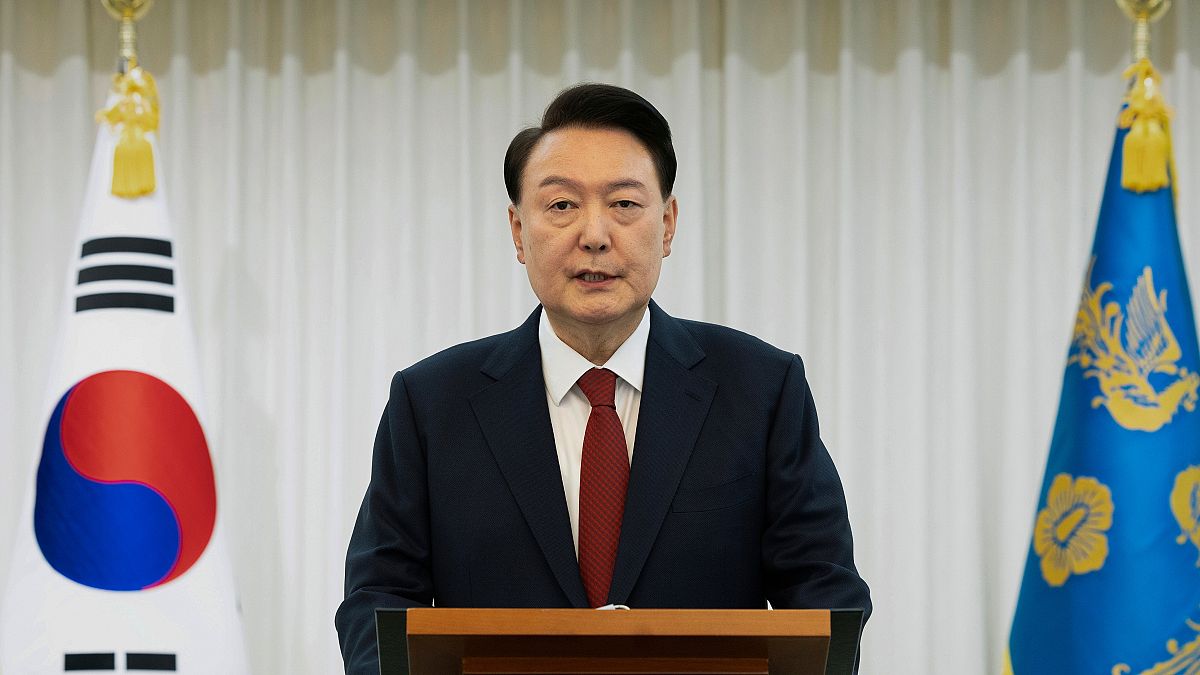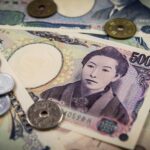The Republic of South Korea is currently in a state of political turmoil following the impeachment of President Yoon Suk-yeol over allegations of rebellion and abuse of power linked to a brief martial law decree issued on December 3rd. The South Korean investigators have requested a court warrant to detain the impeached President, with his fate resting on the decision of the Constitutional Court.
Yoon’s lawyer has challenged the warrant, arguing that the anti-corruption agency lacks the authority to investigate rebellion. However, it remains unclear how they will respond if the court approves the warrant for the president’s detainment. The lawyer insists that an incumbent president cannot be prosecuted for abuse of power, but there are differing academic opinions on this matter. The anti-corruption agency has not yet responded to the lawyer’s comments.
Despite being immune from criminal prosecution as a sitting president, Yoon’s immunity does not extend to allegations of rebellion or treason. The warrant request came after Yoon avoided requests by the joint investigation team and public prosecutors to appear for questioning and blocked searches of his offices. There are concerns about possible clashes with Yoon’s presidential security service if authorities attempt to detain him forcibly.
South Korean law requires the consent of the person in charge to search sites tied to military secrets, making it unlikely that Yoon will voluntarily leave his residence if faced with detention. Yoon’s presidential powers were suspended on December 14th when the National Assembly voted to impeach him over the martial law decree. The imposition of martial law lasted only hours but resulted in significant political turmoil, halted high-level diplomacy, and rattled financial markets.
Yoon’s fate now lies with the Constitutional Court, which is deliberating whether to uphold the impeachment and remove him from office or reinstate him. It is uncertain whether the court will grant the warrant for his detainment or if Yoon can be compelled to appear for questioning. The situation is currently tense, with concerns about possible clashes if authorities attempt to enforce the warrant against the impeached president.
Overall, South Korea is facing a period of uncertainty as the Constitutional Court’s decision on President Yoon’s impeachment will have significant implications for the country’s political future. The outcome of this case will determine whether Yoon will remain in office or be removed, with the potential for further unrest and instability depending on the court’s ruling. The case highlights the delicate balance of power and accountability in South Korea’s political system, with the rule of law and democratic principles at stake.




















